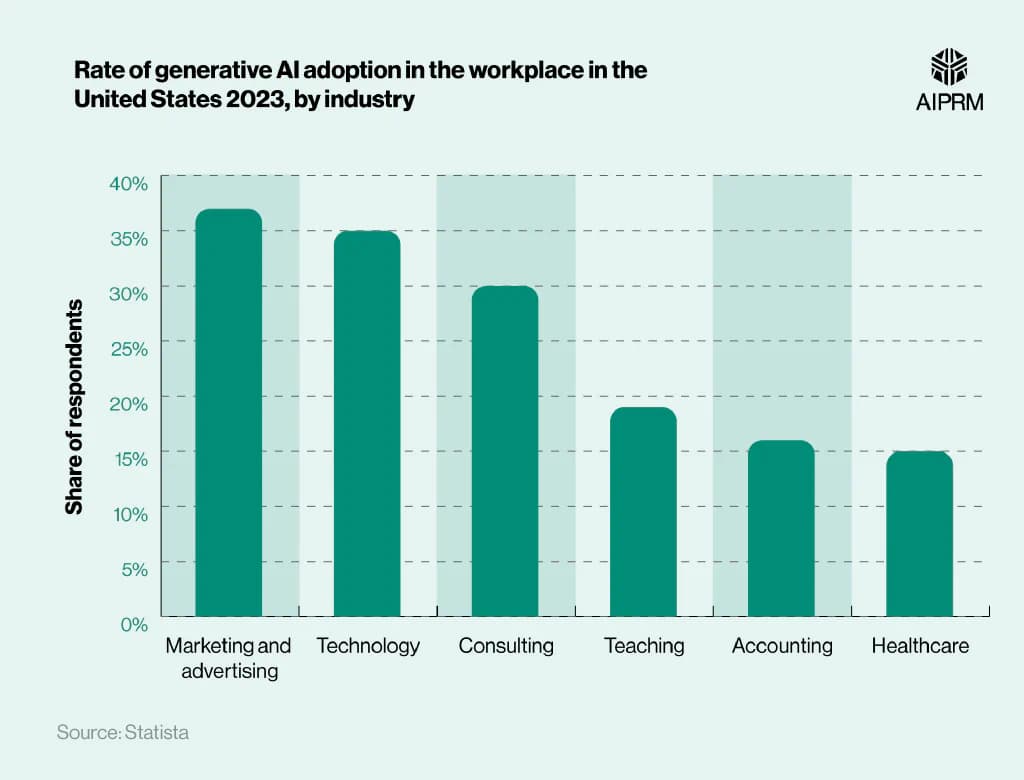AI's Nuanced Impact: 300 Million Jobs at Risk, Yet New Roles Emerge

The discussion surrounding Artificial Intelligence (AI) and its potential to displace human jobs continues to be a prominent topic, with recent analyses indicating a complex and often contradictory outlook. While some predict widespread job losses, others emphasize the creation of new roles and the augmentation of existing ones.
"Let’s be realistic: There’s always going to be people who say AI will do everything and steal all jobs. But in practice, there’s always going to be jobs where humans are needed. The “AI replaces all jobs!” will always be just around the corner, always tomorrow never today," stated social media user Deep Thrill, reflecting a common sentiment that the complete automation of work remains a distant prospect.
Despite this perspective, reports from institutions like Goldman Sachs suggest that as many as 300 million jobs globally could be impacted by AI, representing approximately 9.1% of all worldwide employment. This potential disruption is not evenly distributed, with sectors like administrative roles, data entry, and some areas of legal work identified as particularly vulnerable to automation. The World Economic Forum forecasts that over 7.5 million data entry jobs alone could be lost by 2027.
However, the narrative is not solely one of displacement. The same WEF report projects a net gain of 78 million new jobs by 2030, even as 92 million roles are displaced. New professions, such as "AI and Machine Learning Specialist," are experiencing rapid growth, with approximately one million such jobs expected to emerge by 2027. This highlights AI's capacity to create entirely new career paths and industries.
The evolving landscape necessitates significant upskilling and reskilling of the workforce. McKinsey reports that 14% of employees globally may need to change careers by 2030 due to AI, while PwC notes that skills for AI-exposed jobs are changing 66% faster than for other roles. Employers are increasingly prioritizing AI skills training, with 84% of employees worldwide receiving organizational support to learn these new competencies.
Ultimately, the impact of AI on the job market appears to be a dual phenomenon of both disruption and creation. While certain tasks and roles are susceptible to automation, the technology also fosters increased productivity, creates demand for new expertise, and augments human capabilities in many professions. The ongoing adaptation of the workforce and continuous development of new skills will be crucial in navigating this transformative era.